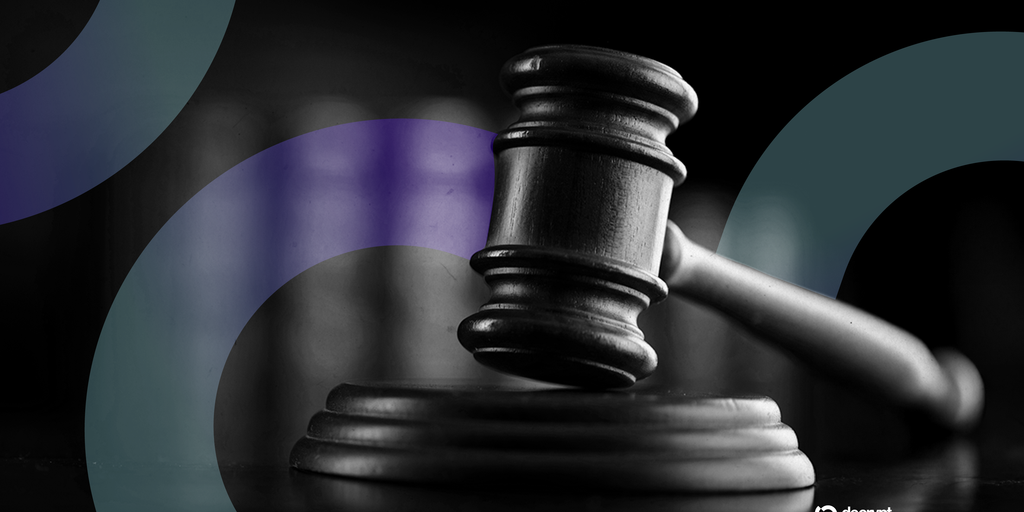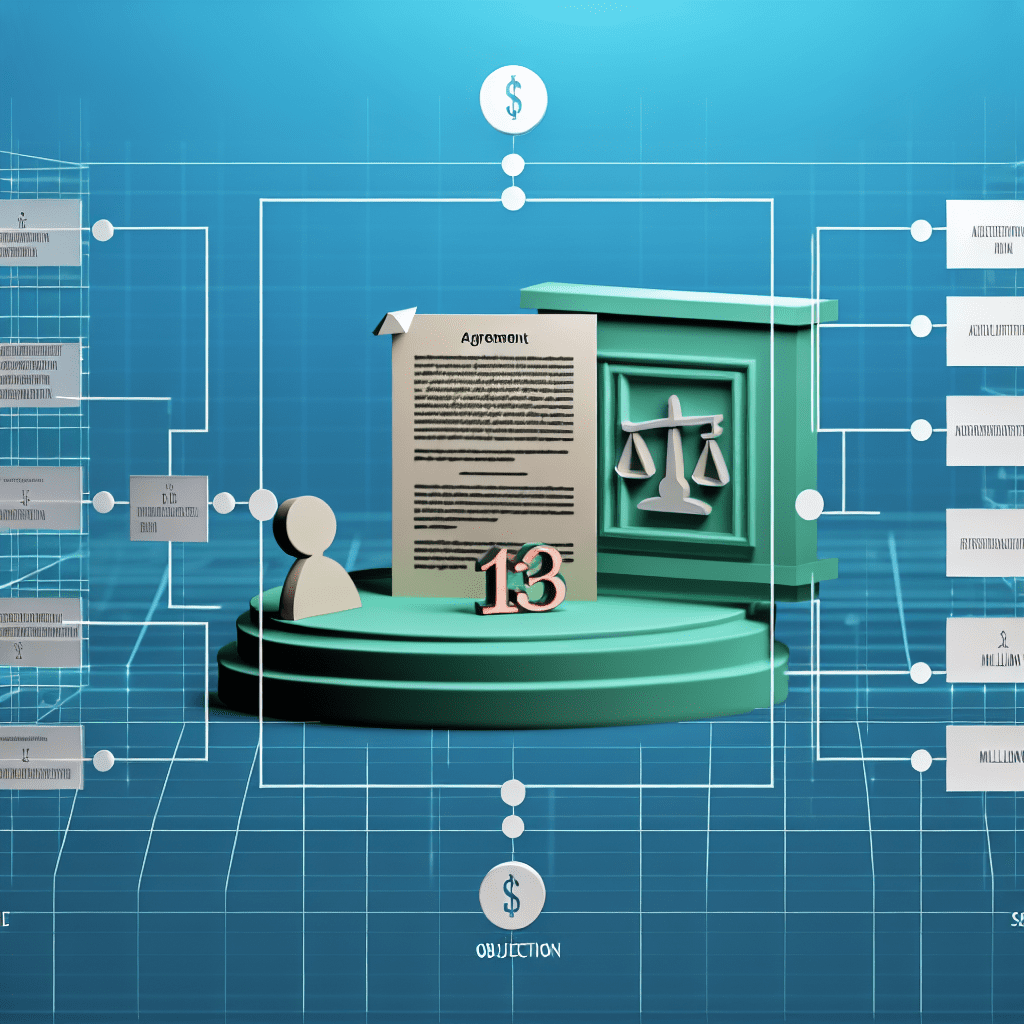
Summary
- Lead plaintiffs informed the court that Yacov Baron has retracted his intervention motion and objections to the settlement, eliminating the last obstacle to approval.
- The settlement will benefit approximately 89,000 BlockFi Interest Account holders who were unable to access funds following the platform’s collapse in November 2022.
- BlockFi’s bankruptcy was initiated by its $680 million exposure to FTX, which declared bankruptcy the day after BlockFi halted customer withdrawals.
A $13.2 million class action settlement for BlockFi investors has progressed toward approval following the withdrawal of the last objector. This may eliminate the final barrier for compensating many who were unable to access their funds during the crypto lender’s 2022 downturn.
Attorneys for the lead plaintiffs submitted a letter to U.S. District Judge Claire Cecchi, indicating that Yacov Baron had withdrawn his motions against the proposed settlement.
“Quick resolution of the Preliminary Approval Motion will enable Plaintiffs to start notifying class members and minimize possible complications related to BlockFi, Inc.’s bankruptcy closure,” the letter stated.
The proposed settlement applies to all U.S. holders of BlockFi interest accounts from March 2019 to November 2022.
With Baron’s withdrawal, nearly 89,000 holders of BlockFi interest-bearing accounts may soon receive compensation for investments that were frozen during the company’s collapse.
“Investors who opted out of class settlements have the option to pursue individual claims and seek compensation for specific damages, independent of the class settlement’s terms,” Navodaya Singh Rajpurohit, a legal partner at Coinque Consulting, told Decrypt.
“Typically, criminal charges against a company officer during a bankruptcy are treated as separate cases,” he elaborated, referencing how Celsius founder Alex Mashinsky was sentenced to 12 years for fraud charges despite his firm’s bankruptcy.
BlockFi’s fall in 2022 was part of a broader chain reaction initiated by the collapse of Do Kwon’s TerraUSD stablecoin in May, which wiped out billions and led to a lender crisis.
By November, the fallout had reached Sam Bankman-Fried’s FTX empire, revealing BlockFi’s $680 million exposure to both FTX and its associated firm, Alameda Research.
Just one day after FTX’s bankruptcy declaration, BlockFi followed suit, stating a severe liquidity crisis.
Court files later disclosed that CEO Zac Prince had been aware of FTX’s questionable financial standing since August 2021 but continued business relations with the trading company.
Kwon, who admitted guilt to conspiracy and wire fraud charges in August, could face up to 12 years in prison and agreed to a $19 million payment as part of his plea agreement.
Although more than 10,000 investors opted out of bankruptcy protections, the settlement would allocate funds equally among all class members, a proposal Baron had previously criticized as “grossly unfair” before retracting his objections without further explanation.
“Victims who have lost funds through investment scams or crypto platforms should consider taking legal action to recover their money,” Andy Lau, Partner at David Cameron Law Office, told Decrypt.
“With improvements in blockchain tracing technology, misappropriated BlockFi assets can now be tracked and identified, significantly increasing the chances of recovery in these specific instances,” he concluded.
Daily Debrief Newsletter
Begin each day with the top news stories along with original features, a podcast, videos, and more.

